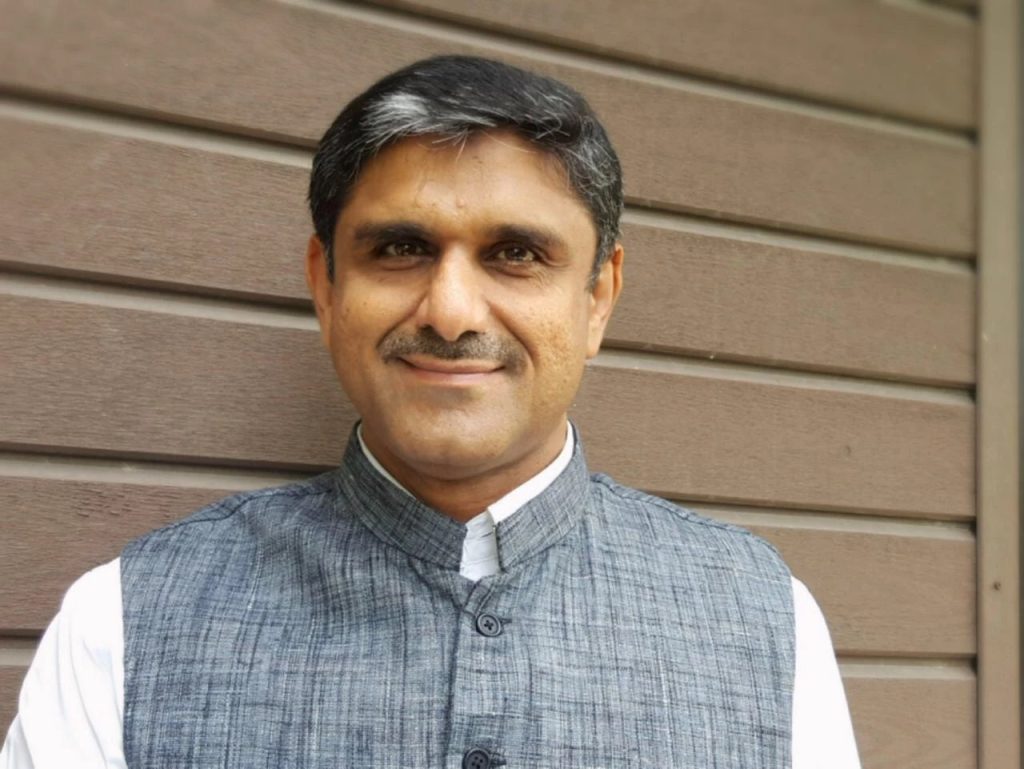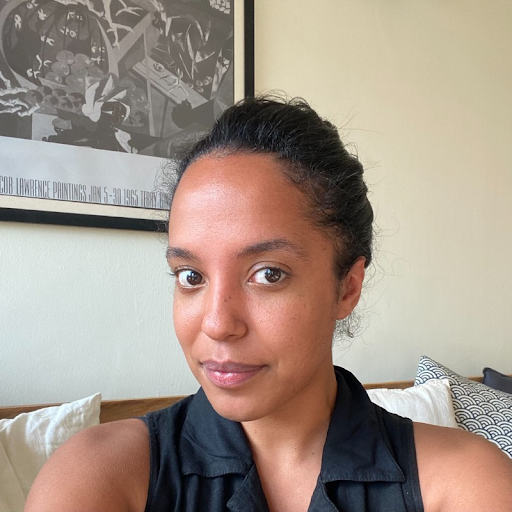Health Emergency Preparedness Collaborative
Background
The COVID-19 pandemic has underscored the vital importance of health emergency and pandemic preparedness. However, countries continue to grapple with both conceptual and operational challenges. These include defining the distinction between health emergency preparedness and general health system strengthening, as well as determining how to build effective and well-prioritized health emergency preparedness components into broader health planning efforts, particularly within Primary Health Care (PHC) systems. To achieve a real impact, these efforts should not be conducted in isolation, but rather designed and implemented in conjunction with related agendas in health systems, as well as crisis preparedness and response efforts.
It has become increasingly clear that decision-makers at the country level are struggling with how to address this critical need while simultaneously attending to other important health imperatives. These include improving PHC and strengthening health systems overall to advance Universal Health Coverage (UHC) under the goal of creating resilient health systems, which can provide the full range of routine and emergency health services.
The Joint Learning Network’s Health Emergency Preparedness Collaborative was established in late 2023 to facilitate knowledge sharing and collaboration among countries to enhance the design and implementation of health emergency preparedness programs.
Country members and technical facilitators
The Collaborative has representatives from 19 countries, including Bahrain, Bhutan, Cambodia, Ethiopia, Ghana, Indonesia, Kenya, Lao PDR, Lebanon, Liberia, Malawi, Malaysia, Nigeria, Pakistan, Philippines, Solomon Islands, Tajikistan, Togo, and Zambia. Technical facilitation is provided by several teams across the World Bank.
Convenings and progress on technical priorities
Starting with a virtual launch in October-November 2023 where countries’ initial learning priorities were discussed, the Collaborative met in-person in Washington DC in April 2024, concurrent with the 7th Annual Health Financing Forum. During the DC meeting, representatives from the 19 member countries identified Financing, Governance, and Surveillance and data systems as the Collaborative’s technical learning priorities while committing to co-create the following knowledge products over the course of 12-18 months:
Financing:
- Tool or guidance on PFM system for health emergencies: encompassing external, private, domestic, and surge capacity
- Guide for tracking budgeting and expenditure for preparedness and response in health emergencies: including external, private, and domestic sources
Governance:
- Practical guide on HEPR governance based on synthesis and assessment of country experiences
Surveillance and data systems:
- Digitalization: Scoping and Guidance for Community-Level Digital Disease Surveillance
- Year 1: Scoping and review of development and usage of digital disease surveillance systems, tools, and approaches at the community level.
- Year 2: Developing guidance on the development and application of digitized surveillance systems and data at the community level.
- Cross-border surveillance: Templates for Memorandum of Understanding (MOUs)
- One Health: Implementation manual or guidance for establishing multi-sectoral One Health surveillance systems.
After the DC meeting the Collaborative continued virtual engagement to further detail the scope and objectives of the above knowledge products leading up to an Authors’ Workshop in Phnom Pehn, Cambodia in September 2024. In Phnom Penh, authors from 10 member countries came together to co-develop outlines for the Governance and Financing knowledge products while volunteering country experiences. These experiences are now being added to the respective outlines and in parallel, work on the Surveillance stream has also commenced.
A series of virtual engagements are ongoing with a plan for a Collaborative in-person meeting for all 3 streams before the end of 2025.
Other Useful Resources
Lead Technical Facilitator
 Magnus Lindelow, Lead Economist, World Bank
Magnus Lindelow, Lead Economist, World Bank
Technical Facilitators
 Clementine Fu, Consultant, World Bank
Clementine Fu, Consultant, World Bank
 Moritz Piatti, Senior Economist, World Bank
Moritz Piatti, Senior Economist, World Bank
 Nejma Cheikh, Senior Health Specialist, World Bank
Nejma Cheikh, Senior Health Specialist, World Bank
 Suresh Kunhi Mohammed, Senior Health Specialist, World Bank
Suresh Kunhi Mohammed, Senior Health Specialist, World Bank
 Somil Nagpal, Lead Health Specialist, World Bank
Somil Nagpal, Lead Health Specialist, World Bank

James A Brumby, Senior Consultant, World Bank
 Amna Silim, Consultant, World Bank
Amna Silim, Consultant, World Bank
 Mahlet Gizaw, JLN Health Specialist, World Bank
Mahlet Gizaw, JLN Health Specialist, World Bank
Coordinator

Naina Ahluwalia, Consultant, World Bank
